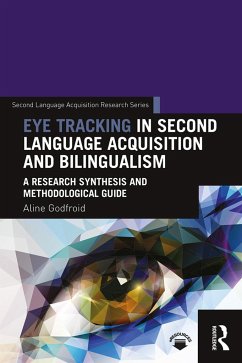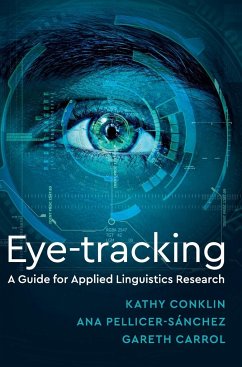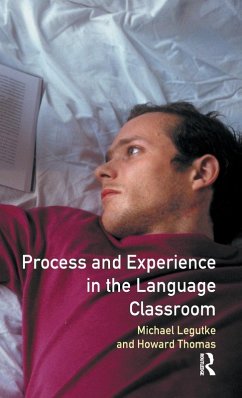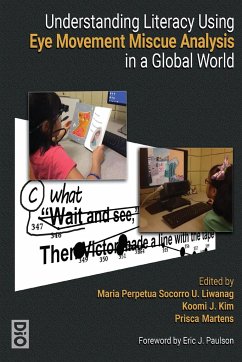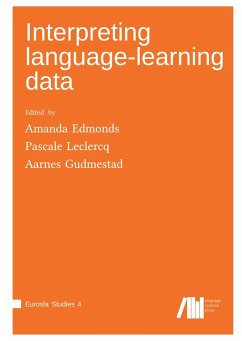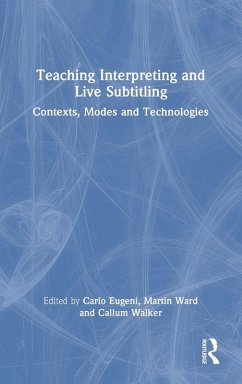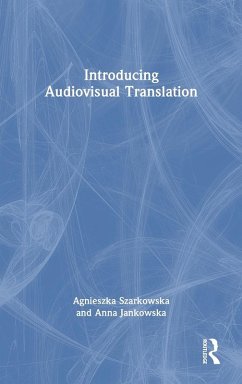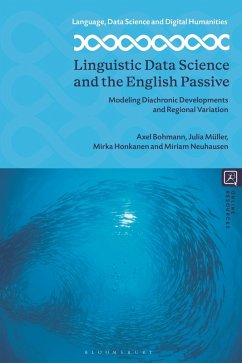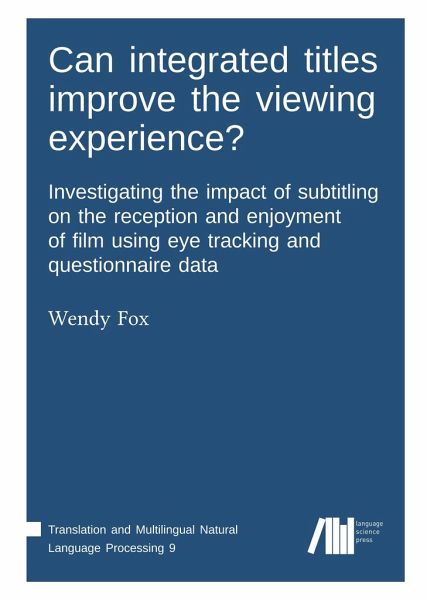
Can integrated titles improve the viewing experience? Investigating the impact of subtitling on the reception and enjoyment of film using eye tracking and questionnaire data: Investigating the impact of subtitling on the reception and enjoyment of film using eye tracking and questionnaire data
Versandkostenfrei!
Versandfertig in 1-2 Wochen
33,99 €
inkl. MwSt.

PAYBACK Punkte
17 °P sammeln!
Historically a dubbing country, Germany is not well-known for subtitled productions. But while dubbing is predominant in Germany, more and more German viewers prefer original and subtitled versions of their favourite shows and films. Conventional subtitling, however, can be seen as a strong intrusion into the original image that can not only disrupt but also destroy the director¿s intended shot composition and focus points. Long eye movements between focus points and subtitles decrease the viewer¿s information intake, and especially German audiences, who are often not used to subtitles, seem...
Historically a dubbing country, Germany is not well-known for subtitled productions. But while dubbing is predominant in Germany, more and more German viewers prefer original and subtitled versions of their favourite shows and films. Conventional subtitling, however, can be seen as a strong intrusion into the original image that can not only disrupt but also destroy the director¿s intended shot composition and focus points. Long eye movements between focus points and subtitles decrease the viewer¿s information intake, and especially German audiences, who are often not used to subtitles, seem to prefer to wait for the next subtitle instead of looking back up again. Furthermore, not only the placement, but also the overall design of conventional subtitles can disturb the image composition ¿ for instance titles with a weak contrast, inappropriate typeface or irritating colour system. So should it not, despite the translation process, be possible to preserve both image and sound as far as possible? Especially given today¿s numerous artistic and technical possibilities and the huge amount of work that goes into the visual aspects of a film, taking into account not only special effects, but also typefaces, opening credits and text-image compositions. A further development of existing subtitling guidelines would not only express respect towards the original film version but also the translator¿s work. The presented study shows how integrated titles can increase information intake while maintaining the intended image composition and focus points as well as the aesthetics of the shot compositions. During a three-stage experiment, the specifically for this purpose created integrated titles in the documentary ¿Joining the Dots¿ by director Pablo Romero-Fresco were analysed with the help of eye movement data from more than 45 participants. Titles were placed based on the gaze behaviour of English native speakers and then rated by German viewers dependant on a German translation. The results show that a reduction of the distance between intended focus points and titles allow the viewers more time to explore the image and connect the titles to the plot. The integrated titles were rated as more aesthetically pleasing and reading durations were shorter than with conventional subtitles. Based on the analysis of graphic design and filmmaking rules as well as conventional subtitling standards, a first workflow and set of placement strategies for integrated titles were created in order to allow a more respectful handling of film material as well as the preservation of the original image composition and typographic film identity.






